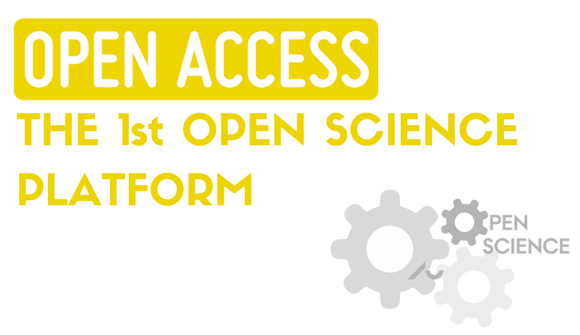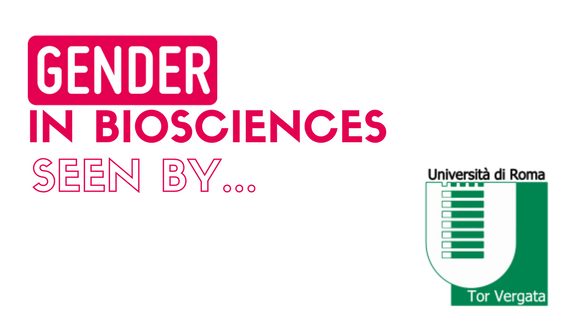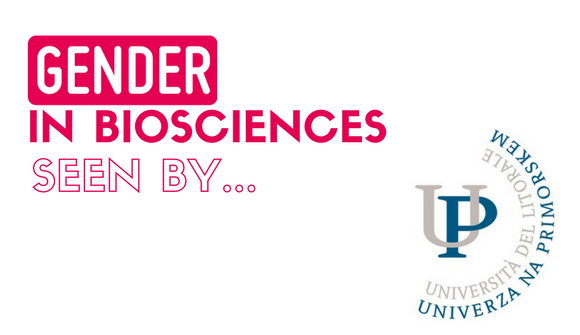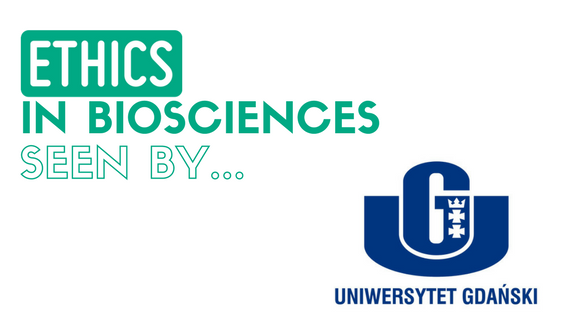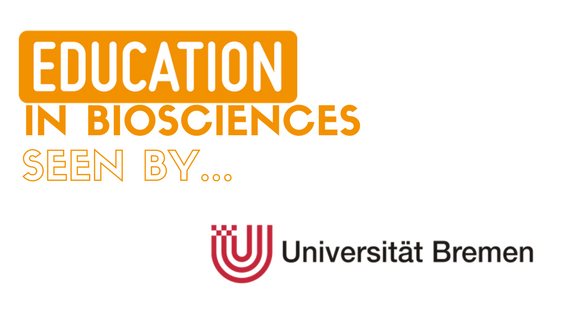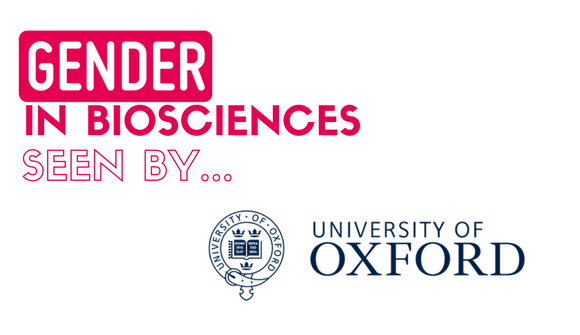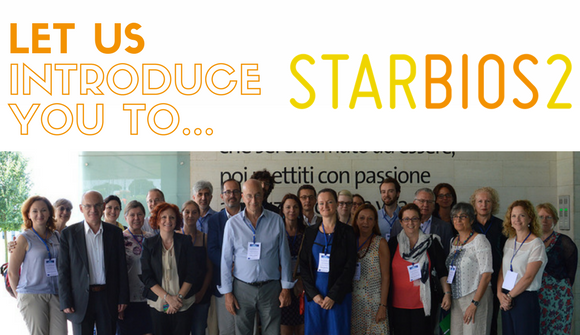An innovative free of charge tool Along with a number of leading Danish industrial companies, Aarhus University has opted out of the academic and patenting rat race in a new collaboration on basic research of relevance to industry. Researchers and companies from all over Denmark have the opportunity to publish their results and data on the innovative Open Science platform, where the information is available free of charge to everyone interested. Established with funds (DKK 2.5 million) from the Danish Industry Foundation, the platform combines basic research with industrial innovation, ensuring that industry and universities get greater benefits from each other’s research and technology. The Open Science platform breaks the barriers that make it difficult and expensive for companies to gain access to the part of basic university research that is most relevant for them. It also addresses a number of major challenges facing basic research, in particular in Denmark, where both researchers and grant providers focus increasingly on safe bets. Why creating an Open Science platform? The aim of the Open Science platform is to have university researchers and companies collaborate to create basic new knowledge that is available to everyone – and which no one may patent. However, everyone is subsequently free to use the knowledge to develop and patent their own products. The interest for such an idea of collaborating in a patent-free zone is enormous among companies that otherwise use substantial resources on protecting their intellectual property rights. The first platform focuses on smart materials and …
Gender in Biosciences, seen by the University of Tor Vergata, Italy
Elena Bachiddu – Member of the Department of Biology at the University of Rome “Tor Vergata”. She works in communication, event organization and on the website of the Department. She is a cultural anthropologist and teaches ‘Health and Safety at Work’ for “Didactics of Science” courses, the theoretical-practical modules annually organized by the Department to promote and disseminate scientific knowledge among students of first and second grade schools. Elena Bachiddu is also a member of the Central Advocacy and Control Committee (CUG-Comitato Unico di Garanzia), where she coordinated Work-Life Balance seminars and publications. 1. How do you understand “Gender” in biosciences research? Broadly based and explored in the field of Gender Studies theory, the discourse on ‘gender difference’ is emerging nowadays in Italy in the biomedical disciplines where it is understood as closely related to the guidelines of personalized medicine and no longer as limited to the sphere of reproductive health of woman. Consequently, Gender Medicine, starting from research and biomedical experimentation and pre-clinical studies, appears as an area that currently recognizes and examines the sex and the feminine difference. In this sense research and experimentation approaches are oriented within several pharmacological research projects and research institutes, training of medical specializations, hospitalization procedures in the local healthcare facilities and healthcare policies. However, in general terms, we must remember that, according to the Global Gender Gap Report presented at the World Economic Forum, Italy still ranks 50th as for women participation in the labor market and for economic opportunities, and in particular according …
Gender in Biosciences, seen by the University of Primorska, Slovenia
Dr. Elena Buzan – is Head of department for Biodiversity and coordinator of study programme Biodiversity and Nature Conservation at Faculty of Mathematics, Natural Sciences and Information Technologie at University of Primorska. She is also responsible for the societal engagement of UP, for the technology transfer and regulation of policy regarding intellectual property, for promoting gender equality, and for the importance of Open access and ethic knowledge in the bioresearch. 1. How do you understand “Gender” in biosciences research? I think gender issue is one of the crucial point to solve in Biosciences. Our role as researchers is to limit gender biased messaging. Women should not feel discouraged from pursuing a career in the Biosciences simply because they don’t fit a pre-determined model. A better integration of women after they finished their PhD can only improve science, as with more diversity comes more creative ideas and effective solutions. We need to stop enforcing stereotypical roles and give better support to women with families (especially small children) to continue their scientific carrier. 2. What are the current standards and actions to achieve better Gender equality in Primorska University and in Slovenia in general? Gender equality in Slovenia is slightly above the EU average, according to the EU Gender Equality Index. In spite of progress over time, there are still challenges ahead. Indicators measuring labour activity showed better results for men than for women. Women are poorly represented in the decision-making positions in employee and employer organizations. Slovenia has a fairly generous framework governing women’s sexual …
Ethics in Biosciences, seen by the University of Gdansk, Poland
Prof. Krzysztof Bielawski – is a Professor at IFB. He is also Vice-Rector for Development at University of Gdańsk (UG) and has a PhD in medical biology and D.Sc. in biological sciences. Prof. Bielawski is a full-professor in biological sciences since 2011. 1. How do you understand “Ethics” in biosciences research? Ethics plays a vital role in research, especially in biosciences. Two aspects are to be taken into account in this respect. On the one hand, we have ethics in the sense of research ethics, valid for any research area. This includes issues such as research integrity, resolving conflict of interest, equality, so called “good and bad science” issue, etc. On the other hand, specific ethical issues affect the work of bioscience researchers related e.g. to the use of animals, human tissues, embryos or GMO, and have to be dealt with in a responsible way in order to make research safe, reliable and acceptable. 2. What are the current standards and actions to achieve better Ethics in Gdansk University and in Poland in general? Ethics in biosciences is regulated in Poland by rules introduced on the national level. Researchers need to observe laws and regulations regarding the use of animals, human tissues as well as GMO or GMM. Specific ethical consents need to be obtained from the respective national or regional bodies as a proof that the institution and the projects complies with the required procedures. In some cases these consents are issued e.g. by the Ministry for Environment in other …
Education in Biosciences, seen by the University of Bremen, Germany
University of Bremen – Faculty of Biology & Chemistry Dr. Doris Elster – Head of the Department of Biology Education at the Institute of Science Education. 1. How do you understand “Education” in biosciences research? Science Education is one of the six policy keys within the normative framework of RRI. The core focus is the enhancement of the current education process to better equip citizens (students, teachers, interested laymen) with the necessary knowledge and skills so that they can participate in debates about Research and Innovation (R&I) and can make decisions as scientific literate persons. A further focus of Science Education is to develop and implement educational programs to raise interest in and awareness of responsible research to increase the number of researchers and promote scientific vocations. 2. What are the current standards and actions to achieve better Education in the University of Bremen? The University of Bremen offers services for doctoral and postdoctoral researchers within the educational center BYRD (Early Career Researcher Development). This is a central hub for early career researchers to foster their independent research skills and to provide the means for individual development as well as career paths. The qualification program for doctoral researchers covers workshops such as academic writing and publishing, presenting and networking, research methods, or career orientation and job application standards. The BYRD program for postdocs and advanced researchers comprises qualification workshops and support services in the following fields of competences: research, teaching and instruction, internationalization, networking, transfer and science communication, and gender and …
Societal Engagement in Biosciences, seen by the University of Tor Vergata, Italy
University of Tor Vergata – Department of Biology Dr. Carla Montesano – Coordination and teaching for immunology trainincoordination and teaching for immunology training in infectious diseases and innovative technologies applied to the diagnosis and monitoring of infections. Dr. Daniele Mezzana – Key areas of interest: African societies, Relationships between science and society, evaluation of development projects, corporate social responsibility, civil society organizations, rule of law, communication issues, rural development. 1. How do you understand “Public engagement” in biosciences research? Within the framework of “Responsible Research & Innovation” (RRI), public engagement is a crucial key. Such a key is about promoting the engagement of all societal actors in the research and innovation process. This aspect is very important in biosciences: from the economic point of view, this sector is highly research-based (above all after the “molecular revolution” occurred several decades ago), and is characterized by the cooperation between academia, public and private research centers, industry, etc… But the economic, and also political, social, and ethical issues, Biosciences cope with the involvement of many kind of actors besides researchers and industry, such as policy makers, civil society organizations, schools, medias, and others. 2. What are the current standards and actions to achieve better “Public engagement” in your country and in your University? We may recall that the Italian Agency for the Evaluation of Universities and Research Institutions defined as “Public Engagement” in a more specific sense, is not for profit activities carried out by universities having an educational and cultural aim for …
Gender in Biosciences, seen by Oxford University
Dr. Laurel Edmunds – is a Senior Research Fellow working in collaboration with the NIHR Oxford BRC and relevant researchers across the University of Oxford. She is currently leading on a series of systematic reviews evaluating women in academic medicine and research efficacy in the NIHR Oxford BRC. 1. How do you understand Gender in biosciences research? Gender is of growing importance in bioscience research for two main reasons. First, women should not be disadvantaged or treated differently in the workplace just because they are women. Second, as more and more women are going into scientific careers, they are bringing new perspectives and alternative approaches. We cannot afford to lose these resources from the biosciences. 2. What are the current standards and actions to achieve better Gender in your University and in your country? Since 2008 we have had the Athena SWAN Charter for improving gender equality in sciences in the UK. Higher education institutions sign up to the Charter and then apply for an award (either Bronze, Silver, Gold) and complete applications with supporting evidence, and submit these to the Athena SWAN organisation. Bronze requires an assessment of gender equality, a 4-year action plan and an organisational structure that can deliver the plan; Silver is awarded when a department has delivered and shown an impact from these actions; Gold these are maintained and the department supports others. Few science departments hold a gold award as they are difficult to get and keep. There is now a similar Charter …
Let us introduce you to STARBIOS2…
Vittorio Colizzi, coordinator of STARBIOS2 project, is Full professor of General Pathology and Immunology, and Director of UNESCO Chair in Biotechnology and Bioethics at University of Rome “Tor Vergata”. He will talk about the aim of the project and the concept of Responsible Research and Innovation (RRI). 1. How would you describe the concept of Responsible Research and Innovation? In short, RRI is an inclusive approach to research and innovation (R&I). It aims to better align both the process and outcomes of R&I with the values, needs and expectations of European society, and to ensure that societal actors work together during the whole research and innovation process. 2. Why is RRI important for the advancement of the research? Research and innovation have never been carried out in isolation from the social, political and economic context. But the RRI helps us to highlight an important fact: one of the main risk, for European research is its inadequate connection with society. The loose connection between research and society could make European research unable to address the key development problems, unable to exploit its potential for innovation and competitiveness in the global market, and socially isolated or contested (see the case of the attitude of many citizens towards the vaccinations). For these reasons, RRI is important, because it focuses on the subject of a stronger R&I, and even more relevant with respect to society; a society of which R&I itself is an integral part. 3. Could you describe the 5 key issues …




